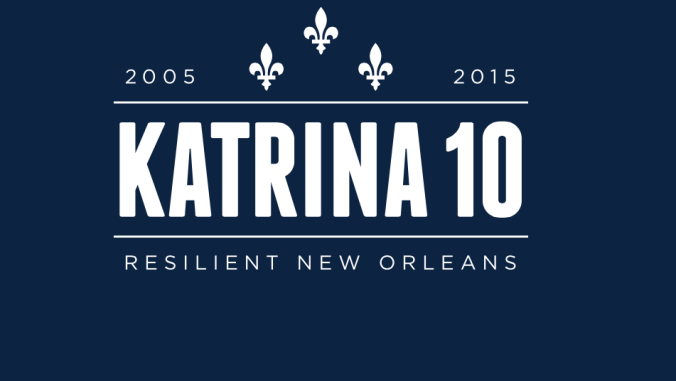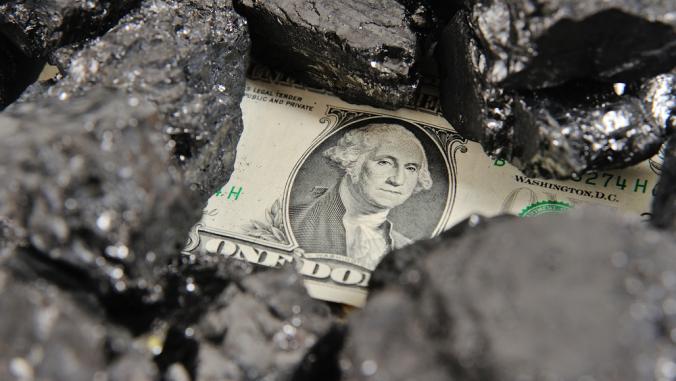Business, government and COP21's chicken-egg problem
Politicians want businesses to step up ahead of the United Nations climate talks, but businesses say they need certainty on issues such as carbon pricing.

In the run-up to the United Nations climate talks slated to kick off next week in Paris, one refrain has been particularly loud and clear: it'll take unprecedented coordination between the public and private sectors to mitigate the fallout from climate change.
But what does that actually mean?
Parsing out who's responsible for what is tough to do as part of a bureaucratic international political process, particularly when previous Conference of the Parties (COP) meetings have ended without binding agreements.
As a result, the daunting scope of the transition to a low-carbon economy has resulted in something of a chicken-and-egg dilemma on climate action: Is it up to business or government to take the lead?
"It’s so often the case that the law is really the lagging indicator," said Anne Kelly, co-director of policy at the sustainability advocacy group Ceres, during a recent GreenBiz webcast. She added that climate regulations, "shouldn’t be measured as any kind of reliable metric of actual progress in this space."
While it is true that more businesses are following the lead of mega-corporations such as Apple and Walmart in voluntarily setting 100 percent renewable energy goals, betting the future of the planet on good will and the increasingly favorable long-term economics of clean energy is more than a bit risky.
Outside of these hugely profitable large companies is uncertainty among some business executives about the veracity of government support for action on climate change.
"It's very hard to move my company — and the larger economy — without governments pricing the externalities like carbon into the cost of doing business," one participant in the recent webcast commented.
Given that it is highly unlikely a global carbon pricing scheme will be agreed upon in Paris, most likely kicking that issue back to disagreeable domestic lawmakers, the real potential value of a deal at COP21 is catalyzing investment in clean energy and technologies.
"We don’t know what COP is going to change. What we know already is the road to Paris is changing the business attitude toward climate action," said Maria Mendiluce, managing director of the Wold Business Council on Sustainable Development, during the webcast. "Businesses from across the world and across sectors are looking for a long-term signal to come out of this climate agreement."
Working through red tape
The overarching goal of the COP21 climate conference is to chart a path that will keep global temperature increases below 2 degrees Celsius by the end of the century — a "speed limit" for rising average temperatures that Ivy League academics, NASA and U.N. scientists have identified as a key threshold to stave off climate chaos.
It's a tangible goal. But achieving that goal isn't as simple as across-the-board carbon cuts.
The main event will be built on four pillars: Individual country committments (INDCs); the legal text of a global agreement; a climate finance plan and an "action agenda" designed to enlist non-state actors such as NGOs and businesses.
So far, 161 countries responsible for 93 percent of the world's emissions have submitted their official INDCs containing carbon reduction plans. The U.S., for example, is targeting a 26-28 percent reduction from 2005 levels by 2025.
"On the INDCs, I mean, look, we’re in a better place than we anticipated," said Andrew Steer, president and CEO of the World Resources Institute, on a press call. "They’re impressive, but they’re not enough. That’s why the other pillars are so important."
Climate finance undoubtedly will be a focal point in Paris, and in particular how developed and developing nations hash out the bill for climate adaptation and disaster response funding needs.
The other wild card is how businesses may figure into the equation as a non-state actor that the U.N. is looking to bring further into the fold.
Already third party environmental advocacy groups such as CDP, We Mean Business and the RE100 have been busy enlisting commitments from businesses on issues such as renewable energy, deforestation and more rigorous reporting. The White House and other governmental bodies also have been marshaling businesses and financiers on clean energy.
One way the private sector is directly participating, to the displeasure of some, is through sponsorships that will fund about 20 percent of the event's nine-figure costs.
While far less certain, another potential outcome is the role of market maker.
"Many of these elements will be signaling an intent to decarbonize these economies, which will have to start sooner rather than later," said Jennifer Morgan, head of WRI's climate program. "If countries and businesses see that this is the direction of travel we’re going in, I think it can help catalyze additional action earlier."
Until the delegates actually meet, the question is how much will happen in Paris and how much will be parlayed into the increasingly pervasive meme of "the road through Paris."
"The last thing we want to do is characterize Paris like it’s prom night, then at the end we fall off and are disappointed," Kelly said. "It’s certainly not the only game in town."





